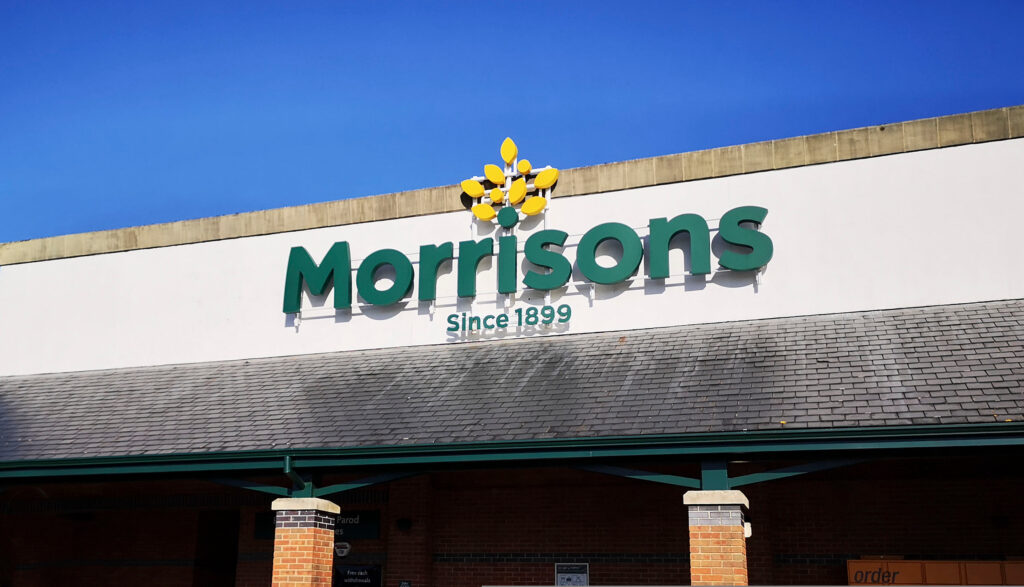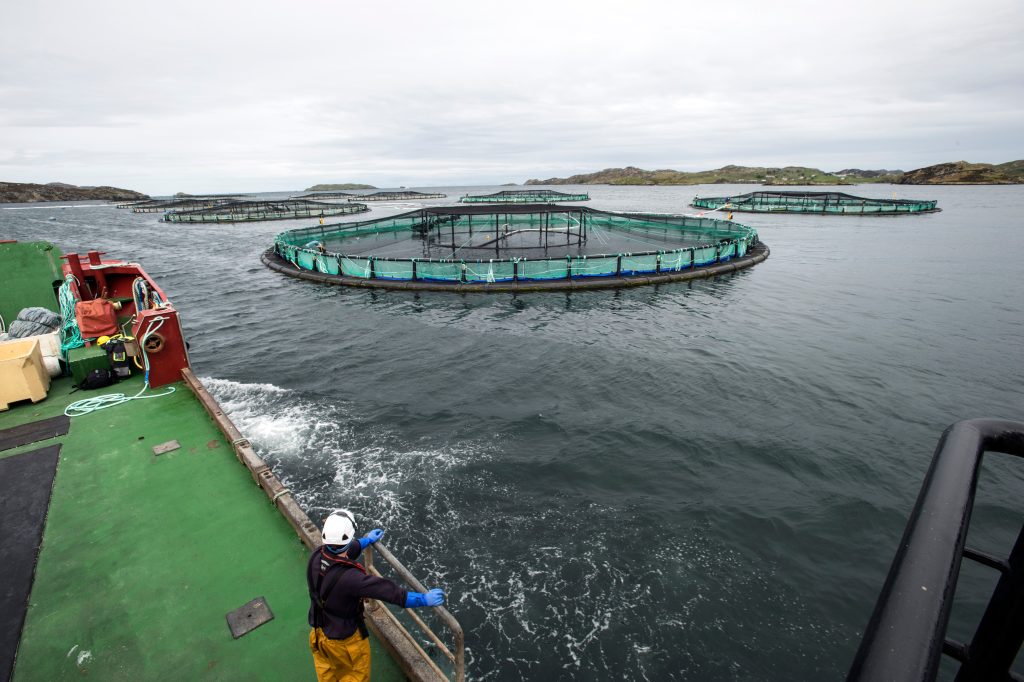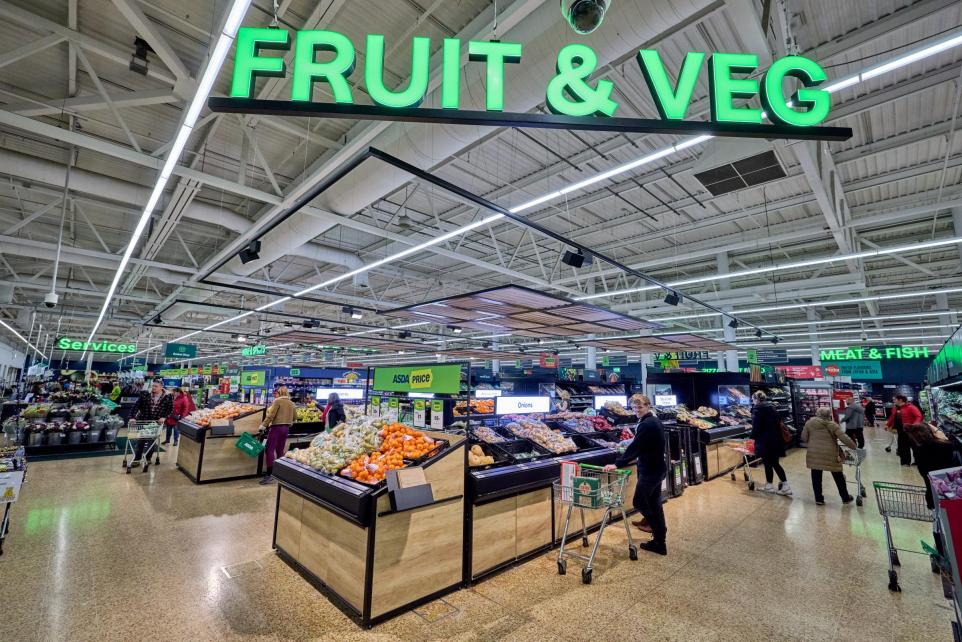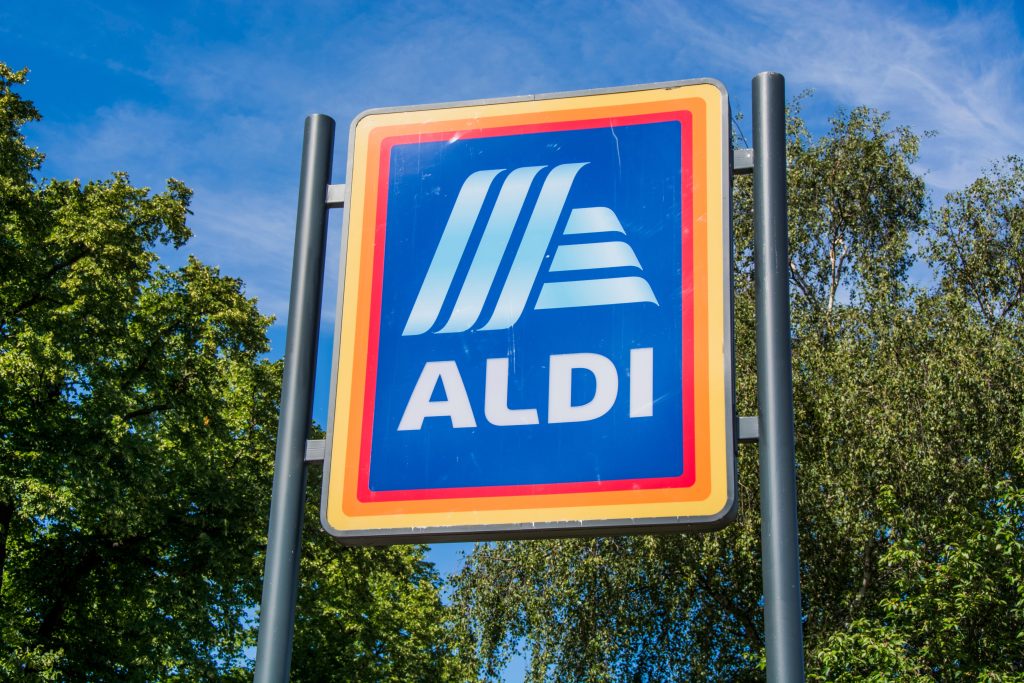Supermarkets “fall woefully short” in managing their supply chains and must scrutinise their processes to avoid another scandal, according to a new survey.
International trade body The Chartered Institute of Purchasing & Supply (CIPS) conducted a survey of 100 senior supply chain managers across the UK and found that 86 per cent do not feel that regulators fully understand supply chains.
While 53 per cent of companies said they have a strategy to reduce risk within their supply chain, 36 per cent said that their CEO “is not engaged” about potential risks, The Telegraph reported.
Last month, grocery giant Tesco vowed to source more of its meat from the UK and set up a website dedicated to reassuring shoppers of its supply chain strategy following the ongoing horsemeat scandal that has engulfed the food sector.
However, David Noble, CEO of CIPS, said that more needs to be done to highlight the importance of a transparent chain.
“We hope this sorry tale will at the very least ensure supply chains are recognised as one of the most important aspects of a business and adequately scrutinised at every level,” Noble said.
“Those investors and businesses that do acknowledge this and master their supply chain will succeed, those that don‘t will eventually get found out.
“The horse meat scandal highlighted the damage that can be caused when supply chains are not adequately managed.”
When asked to detail the reason behind the horsemeat scandal, 52 per cent of suppliers said this was due to a squeeze being put on the supply chain by leading supermarkets, though 46.8 per cent disagreed with this.
Potential risks in the supply chain are being more thoroughly investigated however, according to 62 per cent of respondents though Noble warned that any improvement would be a long-running process.
He explained:“The reality is, supermarkets are among the most advanced supply chain managers in the corporate world and though there are exceptions, many have fallen woefully short.
“It is only a matter of time before other sectors suffer a similar fate. These survey results are disappointing, but not surprising, given how few CEOs and boards take supply chain issues seriously.
“We will continue to witness scandals such as this, in a multitude of sectors, until investors, analysts and boardrooms place appropriate emphasis on the importance of their supply chain to their business and take steps to ensure they are fit for purpose.
“As the financial crisis showed, too little attention is often given to the areas of a business that have the potential to create the most damage.”




























